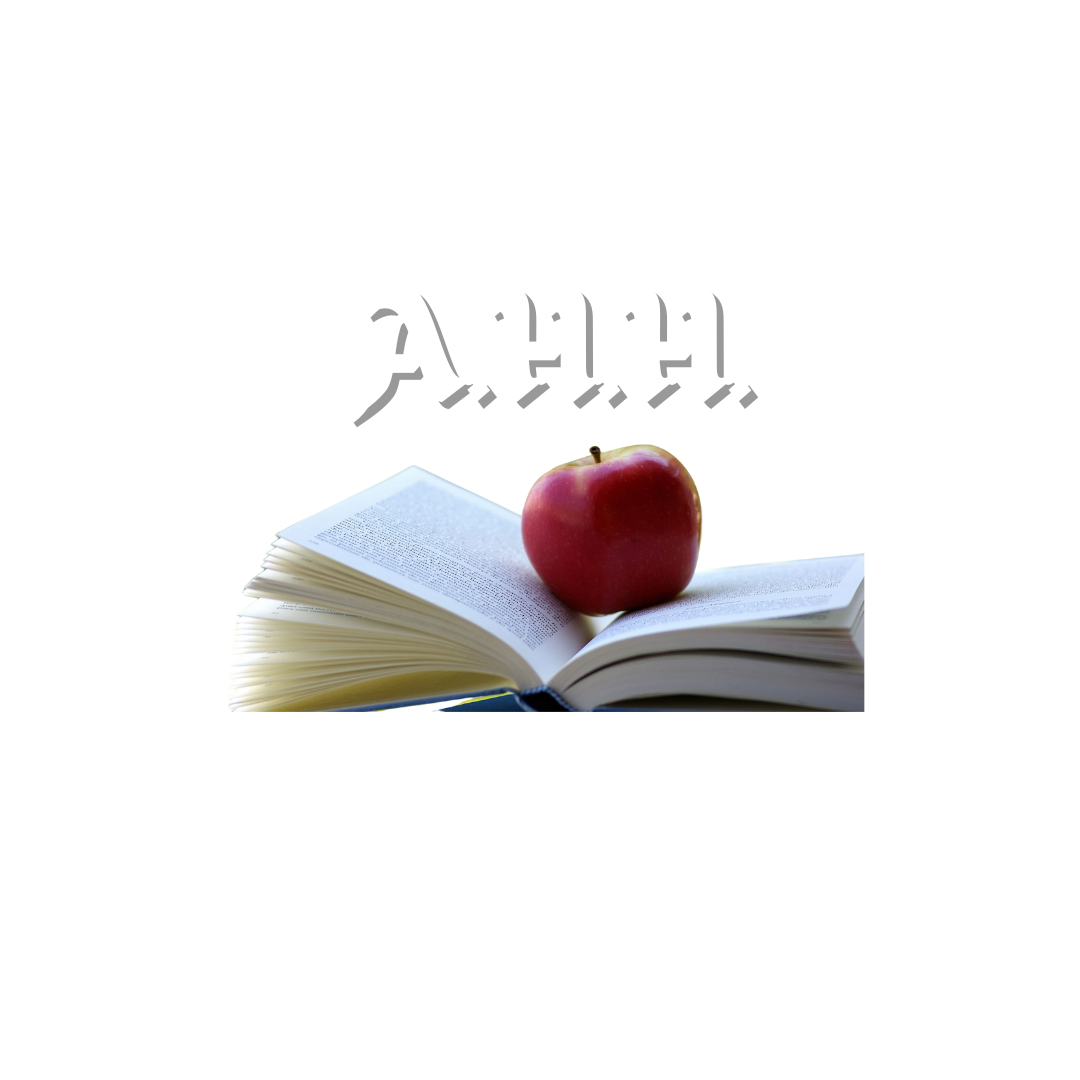Pur Sina and the Continued Return to Natural Medicine
Among other notable Iranian physicians is Avicenna, Pur Sina, or “son of Sina” (c. August 980 – June 1037), his Latinized name being Avicenna. Pur Sina was described as a polymath. He wrote almost 450 works on a wide range of subjects; 240 have survived. 150 of his surviving works concentrate on philosophy and 40 of them concentrate on medicine.
His most famous works are The Book of Healing, a vast philosophical and scientific encyclopedia, and The Canon of Medicine, which was a standard medical text at many medieval universities. The Canon of Medicine was used as a textbook in the universities of Montpellier and Leuven as late as 1650. Sina’s Canon of Medicine provides a complete system of medicine according to the principles of Galen and Hippocrates. His corpus also includes writing on philosophy, astronomy, alchemy, geology, psychology, Islamic theology, logic, mathematics, physics, as well as poetry. He is regarded as the most famous and influential polymath of the Islamic Golden Age.
Sina’s magnum opus is one of the classics of medicine. He extensively studied herbs from all over for medicinal use, including from China and India. Sina, like his predecessor Farabi (another well-known Iranian scientist), was an outspoken empiricist and insisted that all theories must be confirmed by experience. He argued against the blind acceptance of any authority and improved distillation techniques. Today, there are many practitioners of herbal and holistic medicine in Iran who follow the same traditions of their predecessors.
Currently, Iran, after losing its ancient advances in medicine, mostly relies on the modern pharmaceuticals of the West. However, since the revolution in 1979 and due to the sanctions that followed, there have been huge movements to revitalize the ancient traditions and culture of herbal medicine. I hope these movements continue and thrive.
But one hopes to see not only Iran but the entire world move back to treating patients holistically by using food as medicine and taking advantage of the many natural options available. Our focus must be shifted to a huge emphasis on prevention, instead of so much emphasis only on pharmaceutical approaches. I hope Americans, Iranians, and the world include naturopathic physicians at their family practices, in addition to adding naturopathic doctors among their teams in various specialties. Or, like the Chinese, Indians, and, in recent years, Iranians, Americans could include alternative practices and ancient traditions to help their patients, giving them the tools needed to heal themselves and reduce the outrageous costs of medicine once and for all. In America, there is a very rich Native American tradition of herbal medicine. I hope to see research on and a revival of this tradition, so that practicing this kind of medicine can be regulated and evidence-based.
Lots of love is sent to anyone reading this, who is trying to learn the art of healing their own diseases by providing the body with the right tools. This is in line with the ancient Iranian tradition from thousands of years ago, which believed in “Healthy Mind in a Healthy Body” or “Good Thoughts, Good Words, Good Deeds” all playing a fundamental role in our health and well-being. May your journey of healing mind and body start as you learn about your own power to heal yourself.


